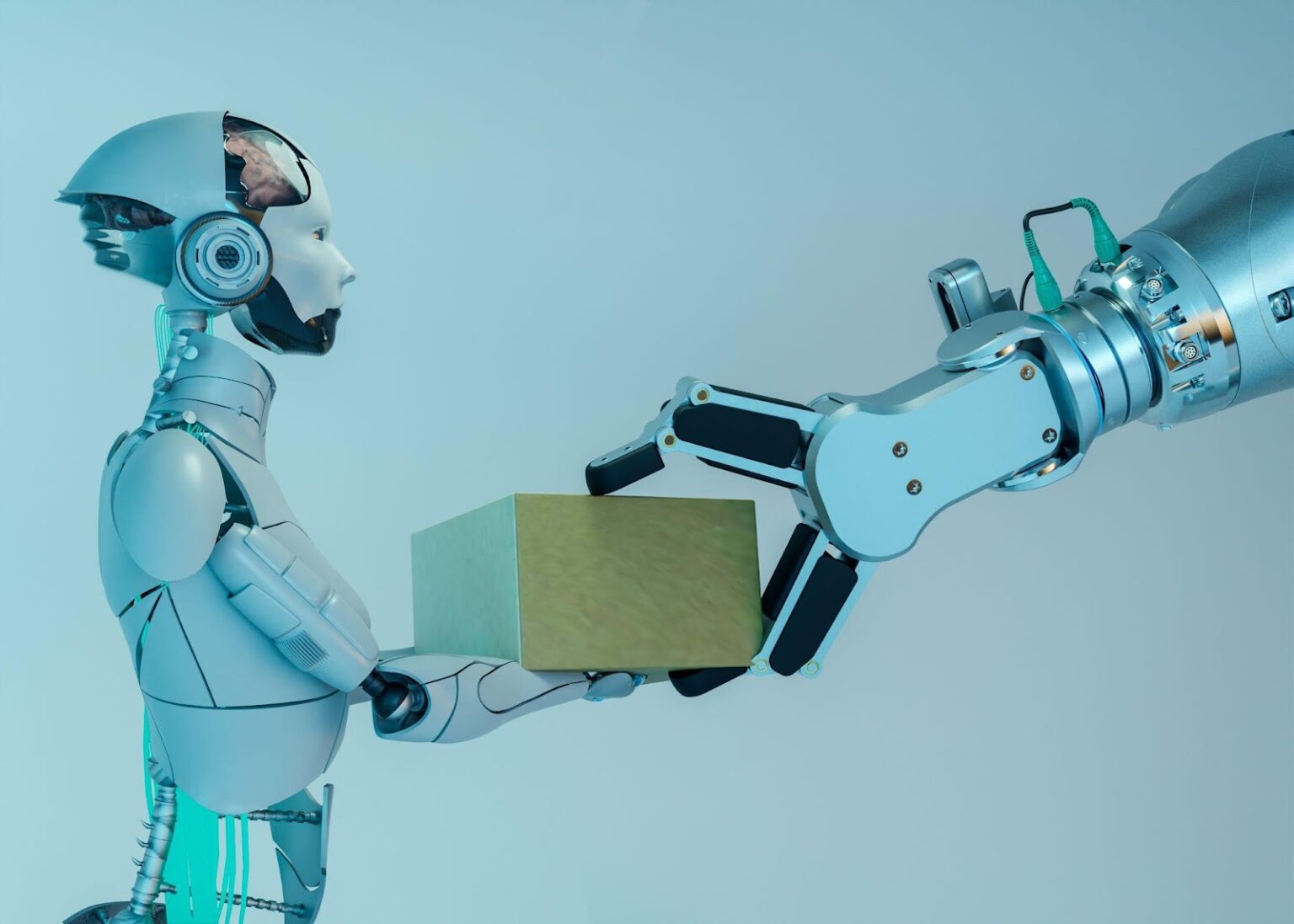Artificial intelligence used to seem like something straight out of a science-fiction movie, yet here we are, watching it change the way businesses work. The supply chain world certainly isn’t dodging the trend. The buzz around artificial intelligence keeps growing, and one of the biggest breakthroughs right now is the rise of AI agents.
With minimal human intervention, these AI agents can make decisions with precision and are autonomous. Supply chain managers who want faster deliveries and lower expenses should pay attention, because these smart AI Agents are hard to beat.
This blog will uncover the practical ways in which those AI agents are reshaping logistics and the supply chain.
What Are AI Agents?
An AI agent is an autonomous program that runs on a set of rules and goals. Once you set it up, it analyzes fresh data, learns from it, and makes decisions with accuracy. Some of these agents work solo, while others team up in a multi-agent setup, so the whole thing can scale and adapt.
In the supply chain, artificial intelligence is starting to play many important roles. For example, AI tools can keep a close eye on how much stock is on the shelves and warn managers before things run too low. They can also look at sales trends to predict when demand will spike or fall, which helps businesses order the right amount at the right time. Delivery drivers benefit, too; smart algorithms suggest the fastest routes, taking traffic and weather into account so that products arrive on schedule.
Beyond those everyday tasks, AI can actually talk shop. When it comes to sealing a deal, some systems are capable of negotiating terms with suppliers based on past pricing and performance data. Inside the warehouse, robotic systems often “watch” their own work, learning from mistakes to improve sorting, picking, and packing speeds. Altogether, these self-correcting features turn a once reactive operation into one that is quick, forward-looking, and surprisingly flexible in the face of changing customer needs.
Revolutionizing Logistics and Route Optimization
Artificial intelligence is quietly yet powerfully reshaping the way goods move around the world, and you can see its biggest impact in logistics and transportation. For years, getting drivers from Point A to Point B in the fastest way possible has been a real headache. Traffic jams pop up out of nowhere, storms reroute entire fleets, and tight delivery windows pile on the pressure. Today’s AI agents tackle those headaches by sifting through live traffic feeds, weather alerts, and customer notes, then rewriting the routes so shipments keep rolling.
These smart agents pull information from GPS trackers, engine sensors, and customer notes, helping fleet managers trim fuel use and keep trucks full of fuel and deliveries. Firms that have switched to AI-driven systems report savings in operational costs, higher timely deliveries, and happier customers.
Take a look at platforms like Mile to see this change in action. It brings together cutting-edge logistics tools that let artificial intelligence guide nearly every step of the supply chain, from warehouse automation to last-mile delivery.
Supplier Relationship and Risk Management
Managing supplier relationships and mitigating supply chain risks have become increasingly complex tasks in a globalized economy. AI agents can evaluate supplier performance metrics, monitor geopolitical developments, and track raw material availability to identify potential risks before they impact operations.
In addition, AI agents can negotiate with suppliers in real time, using historical data and predictive analytics to secure the best terms. This level of automation not only saves time but also ensures more consistent and data-driven decision-making.
Preparing for the Future of AI-Driven Supply Chains
To fully leverage the potential of AI agents, supply chain leaders must invest in digital infrastructure, data quality, and cross-functional collaboration. This includes integrating AI-friendly software platforms, training staff to work alongside intelligent systems, and developing governance frameworks that ensure ethical AI use.
Early adopters are already seeing strong returns in terms of efficiency, customer experience, and cost savings. However, the journey to AI maturity requires a thoughtful strategy—one that aligns technological capabilities with business goals. By starting small with pilot programs and scaling gradually, organizations can build the confidence and competencies needed to thrive in an AI-driven future.
Final Thoughts
AI agents have moved beyond being simple tools; today, they act like partners that help businesses rethink their entire supply chain. Whether predicting customer demand or finding the quickest route for last-mile delivery, these agents can learn and adapt. That kind of flexibility lets companies respond faster and work more efficiently than ever before. Supply chain leaders who want to stay ahead of competitors can’t afford to sit on the sidelines—adopting AI has gone from “nice-to-have” to “must-do.” By integrating these smart agents today, businesses set themselves up for a more adaptable, stronger, and future-proof operation tomorrow.

















